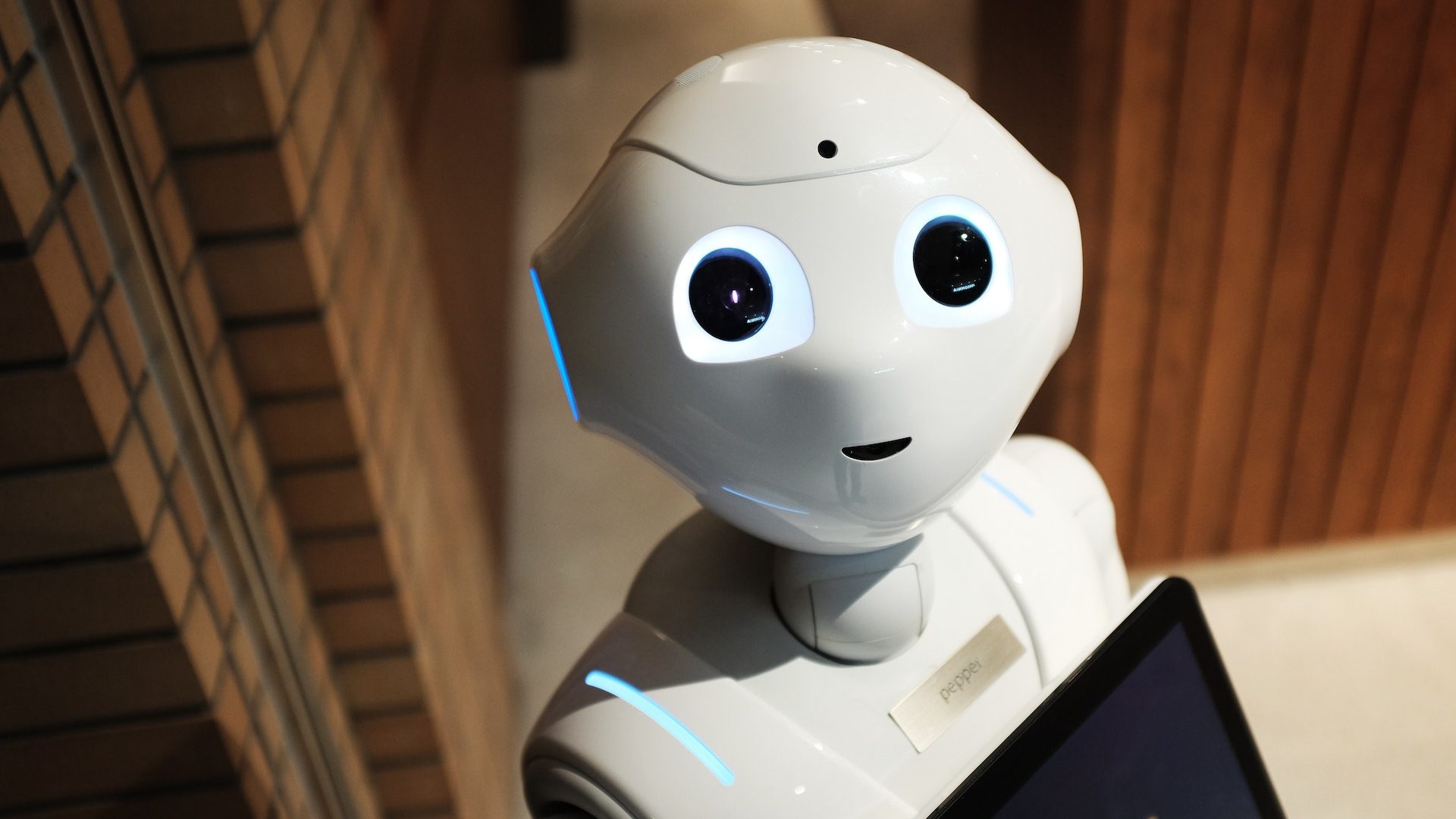Detroit Today: How science fiction has helped predict the relationship between humans and AI
Two of “Robots Through the Ages” contributors joined “Detroit Today” to discuss the the ties between sci-fi and AI.

Almost 100 years ago, Fritz Lang’s “Metropolis” helped launch science fiction as a genre in cinema. The 1927 film, based off a novel published two years prior, features the story of a human consciousness transferred into a robot and is credited for introducing the idea of artificial intelligence to the world.
As society continues to progress, it is becoming more difficult to tell the difference between sophisticated technology and human consciousness. This tension continues to captivate the literary arts through novels like “Do Androids Dream of Electric Sheep?” — which ultimately became the breakthrough sci-fi hit “Blade Runner” starring Harrison Ford.
A recent short story collection entitled “Robots Through the Ages” ponders questions that arise in the face of evolving innovation, including how technology has changed over time. Two of the collection’s contributors joined Detroit Today to discuss the the ties between sci-fi and AI.
Listen: How science fiction has helped predict the progression of AI
Guests
Paul Levinson is a Professor of Communications and Media Studies at Fordham University, as well as a short story contributor to the book “Robots Through the Ages.”
Levinson says the line between a robot and human in science fiction is very blurry, and science fiction enables this idea to explore larger human truths.
“It’s really a very profound thing — that you could almost say in the most intelligent of these robots in science fiction at least, maybe they have a soul. And if that’s the case, then what is the difference between a robot and a human being,” Levinson wonders.
Martin Shoemaker is an American computer programmer and award-winning science fiction author who contributed a short story to “Robots Through the Ages.”
Shoemaker believes we should extend our definitions of what we consider to be a robot, and what we believe its capabilities can be.
“We think of anything that does repeated programmed motions as a robot, but literally, the interesting part is that they are a metaphor for thinking and being and understanding the condition of being alive through an entirely different perspective,” says Shoemaker.
Trusted, accurate, up-to-date.
WDET strives to make our journalism accessible to everyone. As a public media institution, we maintain our journalistic integrity through independent support from readers like you. If you value WDET as your source of news, music and conversation, please make a gift today.

